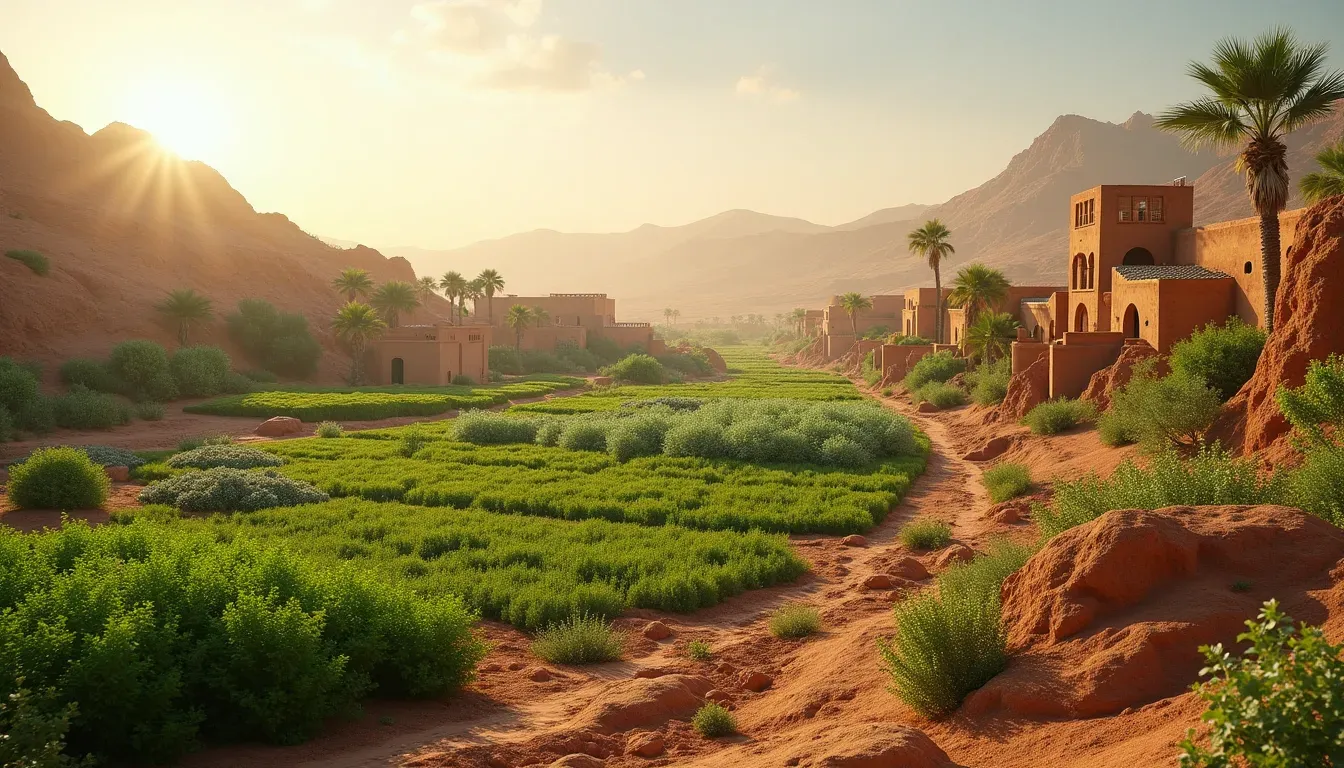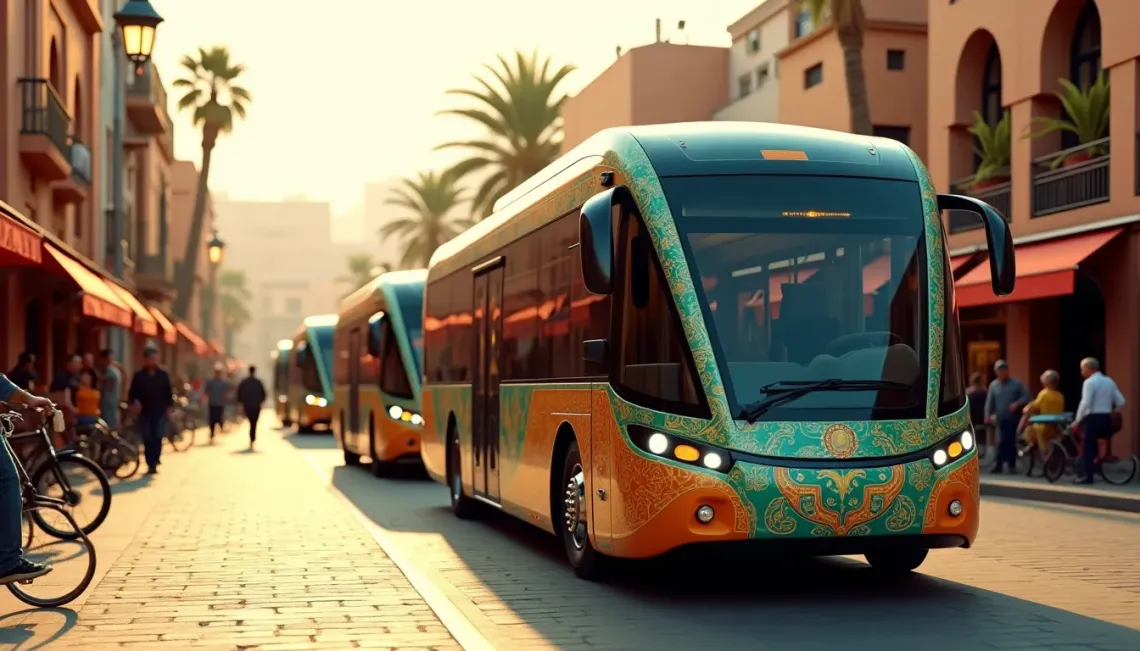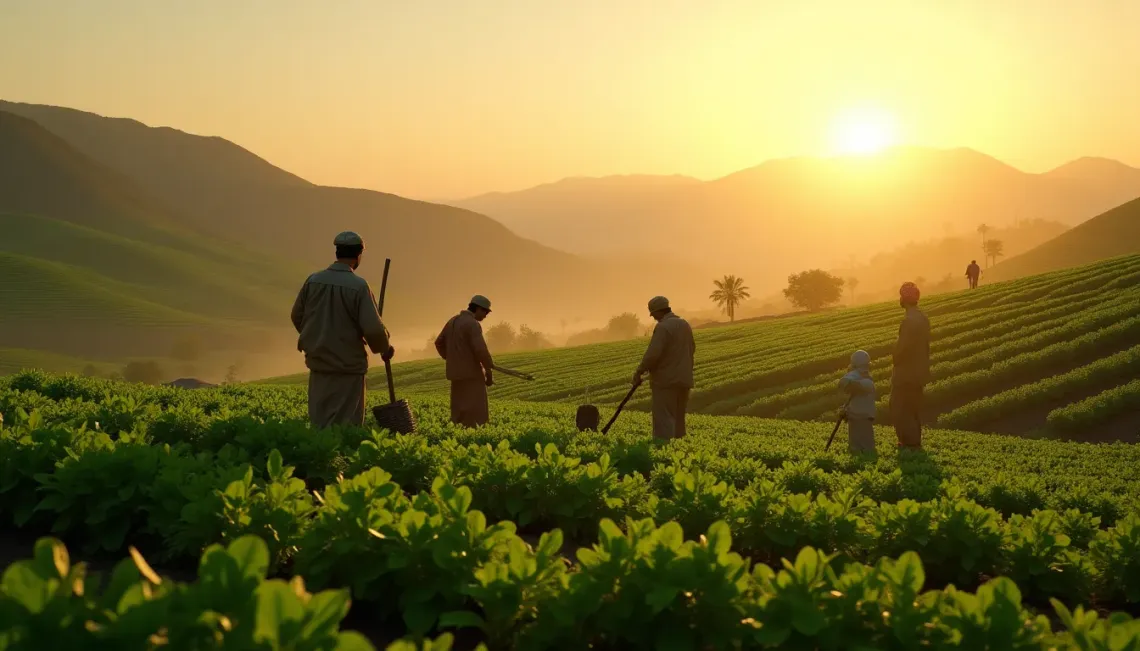In the heart of North Africa, a revolutionary transformation is quietly unfolding as farmers and communities embrace permaculture, a movement that is significantly impacting Moroccan agriculture. Offering a sustainable approach to farming, permaculture is weaving a narrative of hope and resilience, promising a future where food security and ecological balance are attainable for Moroccan communities.
Understanding Permaculture: A New Dawn for Sustainable Farming
Permaculture, which stands at the forefront of sustainable farming, integrates principles from nature to create self-sustaining agricultural ecosystems. In the context of Moroccan agriculture, this method is proving invaluable. Not only does it aim to reduce dependency on synthetic fertilizers, but it also enhances biodiversity, soil health, and water retention—crucial factors in a country where arid regions are prevalent.
Principles of Permaculture Driving Regenerative Agriculture
The principles underpinning permaculture emphasize holistic approaches to regenerative agriculture:
- Earth Care: Maintaining healthy ecosystems by nurturing soil and water resources.
- People Care: Prioritizing communities, ensuring equitable food distribution.
- Fair Share: Limiting consumption and redistributing surplus, fostering economic resilience.
Transforming Moroccan Agriculture: A Path to Food Security
In recent years, the application of permaculture in Moroccan agriculture has led to innovative solutions to longstanding challenges. For instance, terraced gardens on arid hillsides, inspired by traditional practices, are being revitalized through permaculture design, maximizing arable land and minimizing erosion. This inventive approach not only enhances food security but also preserves cultural heritage.
Case Studies: Success Stories from the Field
Several projects across Morocco illustrate the tangible benefits of permaculture:
- The creation of permaculture gardens around Marrakech that utilize greywater systems, boosting water efficiency.
- Community-supported agriculture initiatives in the Rif Mountains, promoting locally grown produce and strengthening food systems.
- Education programs in rural areas, which empower farmers with skills to transition to sustainable practices.
Challenges and the Road Ahead
Despite its promise, the widespread adoption of permaculture in Morocco faces hurdles, including limited initial investment and a need for widespread educational efforts. However, with ongoing support from government and international organizations, as well as grassroots movements, these challenges are being addressed, paving the way for a resilient agricultural future.
Connecting with Broader Sustainable Efforts
The integration of permaculture in sustainable farming aligns with broader goals of environmental sustainability. For example, permaculture practices contribute to carbon sequestration, a vital component in mitigating climate change impacts.
As permaculture continues to gain momentum, its impact on Moroccan agriculture exemplifies the potential of regenerative agriculture to bolster food security and promote ecological harmony. Through collaborative efforts, Morocco is planting seeds of change, redefining its agricultural landscape for generations to come.
For more on sustainable farming techniques and their impact, explore our articles on agroforestry and organic farming benefits.




